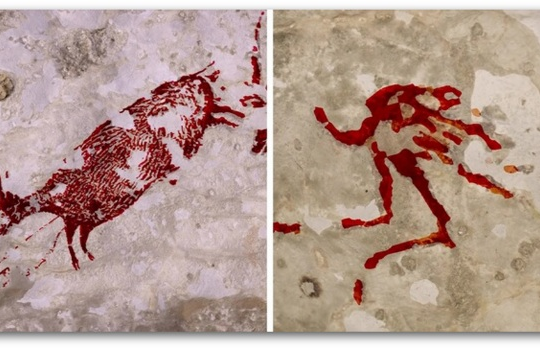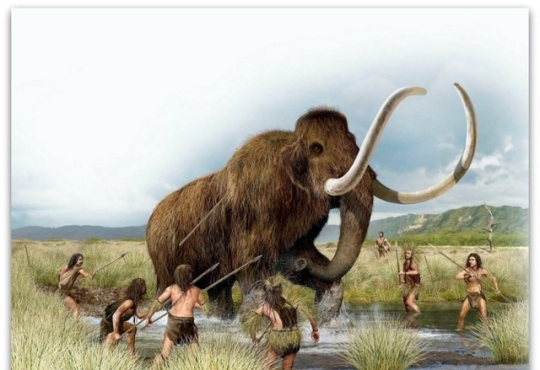Insufficiently considered risk | One type of diet can negatively affect women’s health as they age

This is not a warning for people to give up on a vegetarian diet – as with any diet, it is important to understand personal circumstances and what nutrients are needed for a balanced and healthy lifestyle, the study’s lead author points out.
Women on a vegetarian diet have a higher risk of breaking a hip later in life, new research shows.
A vegetarian diet is “often associated with lower intakes of nutrients related to bone and muscle health,” scientists report after their study found vegetarian women had a 33 percent higher risk of hip fracture compared to women who regularly eat meat.
The study, which involved more than 26,000 women aged 35 to 69 from across Britain, assessed the risk of hip fracture in vegetarians, those who eat fish but not meat and those who eat meat occasionally, compared with regular consumers.

After about 20 years, the researchers tracked 822 hip fractures in the women — about 3 percent of those included in the study, which was published in the journal BMC Medicine.
Experts from the University of Leeds found that an increased risk of hip fracture was only found in vegetarian women compared to women who regularly consume meat.
The data is drawn from the UK Women’s Cohort Study, which follows women over a long period of time to assess risks and links between diet and health.
In the group of women, 28 percent are vegetarians, and 1 percent are vegans.
Lead study author James Webster, a scientist at the School of Food Science and Nutrition at Leeds, said:
Our study highlights a potential concern about hip fracture risk in vegetarian women. However, this is not a warning for people to give up on a vegetarian diet – as with any diet, it is important to understand personal circumstances and what nutrients are needed for a balanced and healthy lifestyle.
He added:
Vegetarian diets often have lower intakes of nutrients related to bone and muscle health. These types of nutrients are generally more abundant in meat and other animal products than in plants, such as protein, calcium, and other micronutrients.
Low intake of these nutrients can lead to lower bone mineral density and lower muscle mass, which can put you at risk for hip fractures.
Study co-author Professor Janet Cade added:
Hip fracture is a global health problem with a high economic cost that causes loss of independence, reduces quality of life and increases the risk of other health problems. A plant-based diet is associated with poor bone health, but there is no evidence of an association with hip fracture risk. This study is an important step in understanding the potential long-term risks of a plant-based diet and what can be done to mitigate those risks.
The scientists said further research is needed to assess whether similar results can be confirmed in men.








